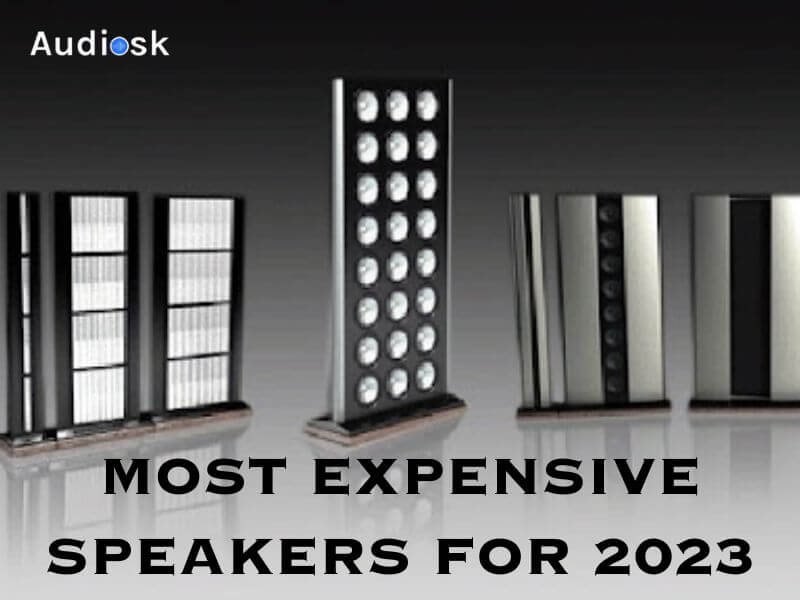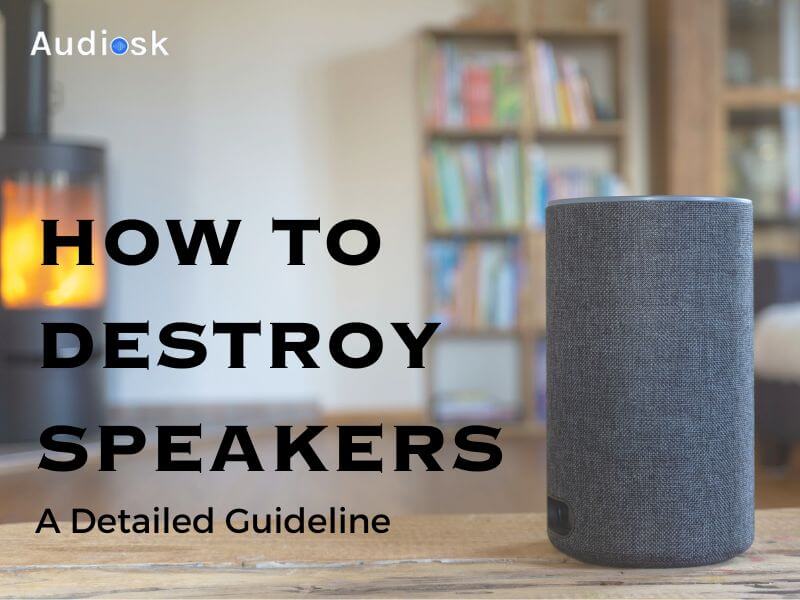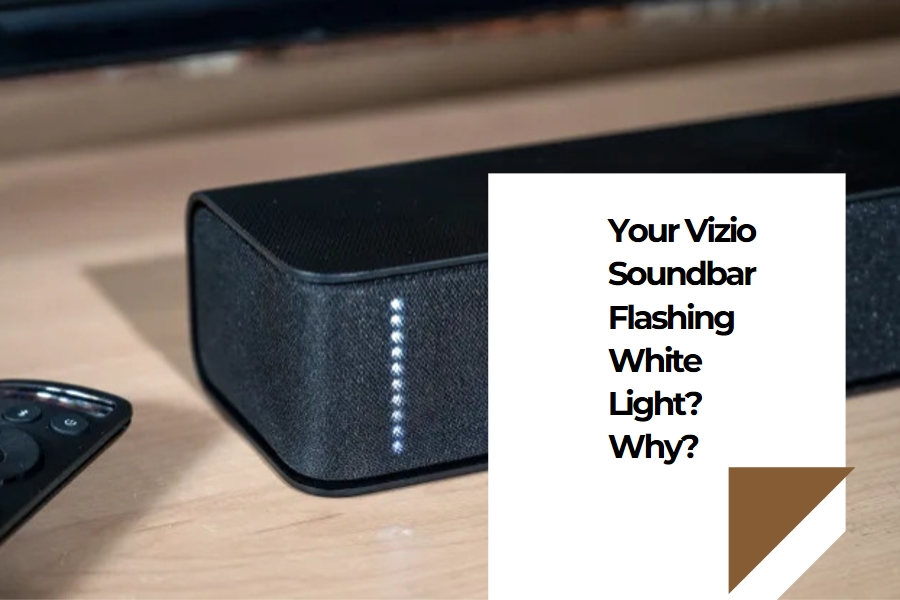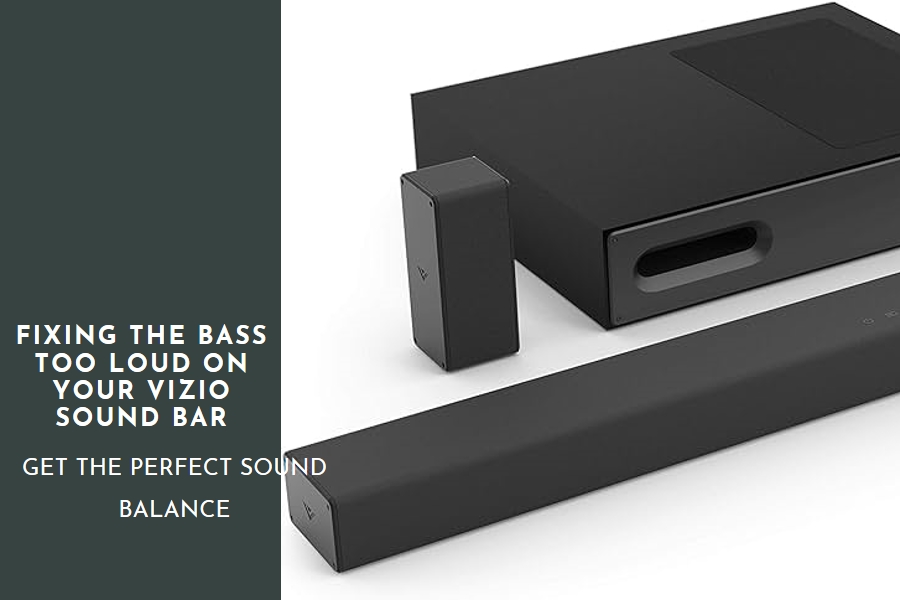In our experience as avid audio enthusiasts, choosing between 6 Ohm and 8 Ohm speakers is a crucial decision that hinges on the compatibility with your amplifier and your preferences in sound quality. We’ve found that 6 Ohm speakers often deliver more detailed sound and can handle higher power levels, but they do require a compatible amplifier due to their higher power demands.
In this article at audiosk, we will delve deeper into the differences between 6 Ohm and 8 Ohm speakers, drawing from our own experiences to help you understand which might be the best fit for your audio system. Let’s explore more about these speaker sizes together!
Understanding Speaker Impedance
Speaker impedance is an essential factor when choosing speakers for your audio system. But what exactly is speaker impedance, and how does it affect sound quality?
What is speaker impedance?
The resistance to current passage in an electric circuit is measured by speaker impedance. Due to the distortion resulting from mismatched ohmic resistance, it is crucial to match AV receivers, amplifiers, or speakers when connected.
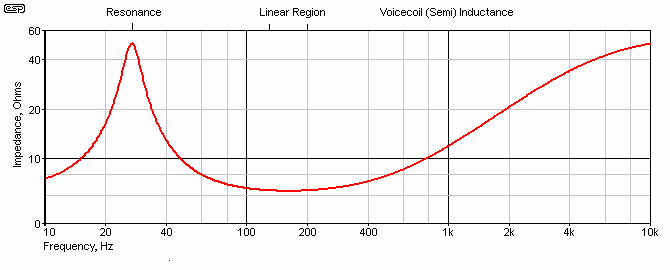
It is often measured in ohms. You can find an impedance specification listed in ohms for practically every pair of speakers or headphones you can buy. The ease with which electricity (the signal or music) passes through the speaker increases with decreasing ohmic resistance.
How does impedance affect sound quality?
As a sound’s frequency (or pitch) changes, a speaker’s impedance also changes. For instance, a speaker’s ohmic resistance might be 10 ohms at 41 hertz (the lowest note on a typical bass guitar). The impedance could be as low as 3 ohms at 2,000 hertz, a violin’s highest frequency range.
A speaker’s impedance rating is merely an approximation of the industry standard. For consistent sound over the whole audio range, some of the more meticulous speaker engineers choose to balance the ohmic resistance of the speakers.
Comparing 6 Ohm And 8 Ohm Speakers
Now that we know what speaker impedance is let’s evaluate the power needs, amplifier compatibility, and sound quality of 6-ohm and 8-ohm types.
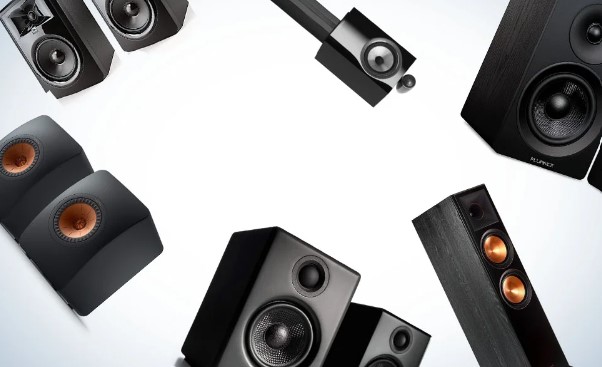
Power requirements
A speaker’s impedance determines how much power it needs to operate. An amplifier or receiver will need to supply more power to a speaker with a lower impedance than one with a greater impedance.
For instance, some products rated at 8 ohms require 109 watts, whereas those rated at 6 ohms require 145 watts. A 6-ohm speaker will therefore need more power than an 8-ohm speaker and may cause your amplifier to become overworked if it needs to be more powerful. If your amp has a low power output, picking a speaker with a higher ohmic resistance is better.
Read more: Subwoofers Vs Speakers
Amplifier compatibility
When selecting speakers, compatibility with amplifiers is crucial to take into account. Because 8 ohms is similar to 6 ohms, connecting 6-ohm speakers in series with 8-ohm amplifiers or receivers is usually fine. However, you must exercise caution and refrain from overworking your system (don’t run the speakers simultaneously or at excessive volumes).
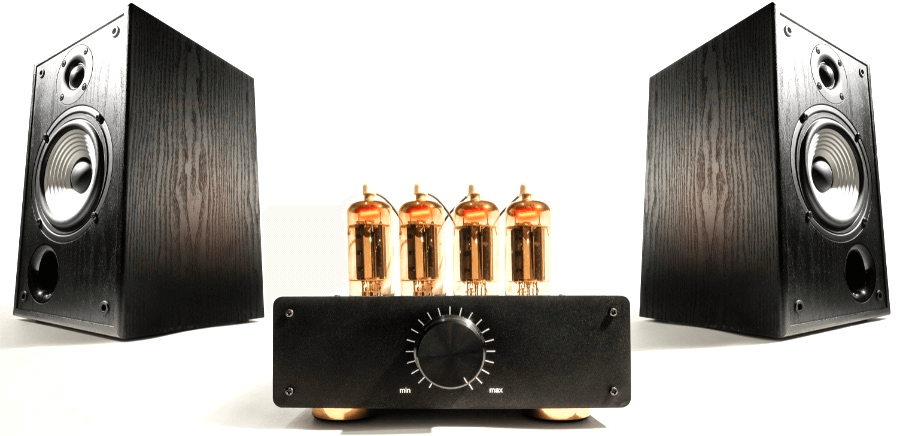
It is not advisable to use 6-ohm speakers with 8-ohm receivers. However, the sound quality will deteriorate even if you get away with it. Matching the impedance of your speaker and receiver is the greatest way to safeguard your equipment.
Mixing 6 and 8-ohm products is feasible, but you must ensure your amplifier or receiver is 6 to 8-switchable. It might also be rated at 8 and 6 ohms to accommodate both currents.
Sound quality differences
There is no discernible difference in sound quality between 6-ohm and 8-ohm impedance products. The required power differential is too small to be audible. A 6-ohm speaker, however, requires more electrical power from an amp to create the same volume of sound than an 8-ohm speaker. Therefore, 8-ohm products may sound better than 6-ohm types if your amplifier has a high impedance.

It is important to note that speaker impedance is one consideration to remember when selecting your choice, not the only one. Even the most skilled professionals with a wide range of speaking abilities sometimes have differing views on what’s best.
For instance, depending on other elements such as the amplifier, receiver, and how they are linked together, some automotive audio professionals advise 6-ohm types while others opt for 8-ohm.
How to Choose Between 6 Ohm and 8 Ohm Speakers for Your Setup?
The first step in our speaker selection process always revolves around identifying the intended usage. Whether it’s for a home theater, a high-end audio system, or a casual listening setup, the requirements can vary significantly. For instance, in our fashion show setups, we leaned towards 8 Ohm speakers due to their broad compatibility and straightforward setup process with various amplifiers.
Usage Considerations:
- Home Theater: Balance between power and sound quality is crucial.
- High-End Audio: Emphasis on detailed and dynamic sound.
- Casual Listening: Versatility and user-friendliness are key.
While 6 Ohm speakers might offer a marginally superior sound, especially in high-fidelity audio setups, 8 Ohm speakers often present a more economical and versatile alternative. Besise, In our pursuit of impeccable sound quality, we’ve learned that it’s imperative to strike a balance between cost and quality.
Ensuring your new speakers are in harmony with your existing equipment is paramount. We’ve witnessed that impedance mismatch can lead to suboptimal performance and even damage to your audio equipment. In our setups, ensuring compatibility across various devices has always been a top priority.
What Do Experts Say About 6 Ohm and 8 Ohm Speakers?
As an expert in the field of audio, I will give you more perspectives on 6 Ohm and 8 Ohm Speakers:
6 Ohm speaker
Many audio experts and sound engineers often lean towards 6 Ohm speakers when the system demands a detailed and clear sound, especially in professional or high-end audio setups. For instance, John Meyer, founder of Meyer Sound, has always emphasized the importance of speaker specifications in achieving the desired audio output in various professional audio scenarios.
Expert Insights on 6 Ohm Speakers:
| Aspect | Pros | Cons |
|---|---|---|
| Sound Detail | Potentially enhanced and dynamic sound. | May require meticulous setup for optimization. |
| Compatibility | Suitable for specific high-end setups. | Potential compatibility issues with amplifiers. |
| Power Handling | Can handle higher power levels effectively. | Might consume more power. |
| Investment | Potential for richer bass and treble. | Typically comes with a higher price tag compared to speakers with higher impedance |
8 Ohm Speakers
8 Ohm speakers are often highlighted by sound engineers for their versatility and compatibility with a wide array of amplifiers. Renowned sound engineer, Bob McCarthy, emphasizes the importance of speaker and amplifier compatibility in achieving optimal sound, and 8 Ohm speakers often provide a broader range of pairing options.
Expert Insights on 8 Ohm Speakers:
| Aspect | Pros | Cons |
|---|---|---|
| Sound Detail | Generally balanced sound profile. | Might lack the finer detail of some 6 Ohm speakers. |
| Compatibility | Widely compatible with most amplifiers. | Not specialized for high-end audio setups. |
| Power Handling | Typically more energy-efficient. | May not handle high power levels as dynamically as 6 Ohm speakers. |
| Investment | Often more budget-friendly. | May compromise on sound detail for affordability. |
Read more: Soundbar Vs Speakers
Conclusion
At audiosk, our expertise leads us to conclude that the choice between 6 Ohm and 8 Ohm speakers depends on your specific audio needs and equipment compatibility. 6 Ohm speakers are ideal for detailed sound and higher power handling, suitable for those with a compatible amplifier.
In contrast, 8 Ohm speakers offer greater versatility and energy efficiency, perfect for users who prioritize broad compatibility. Remember, matching your speaker’s impedance with your amplifier is key to avoiding damage and achieving the best sound quality. Your choice should align with your unique audio preferences and system requirements.
FAQs


